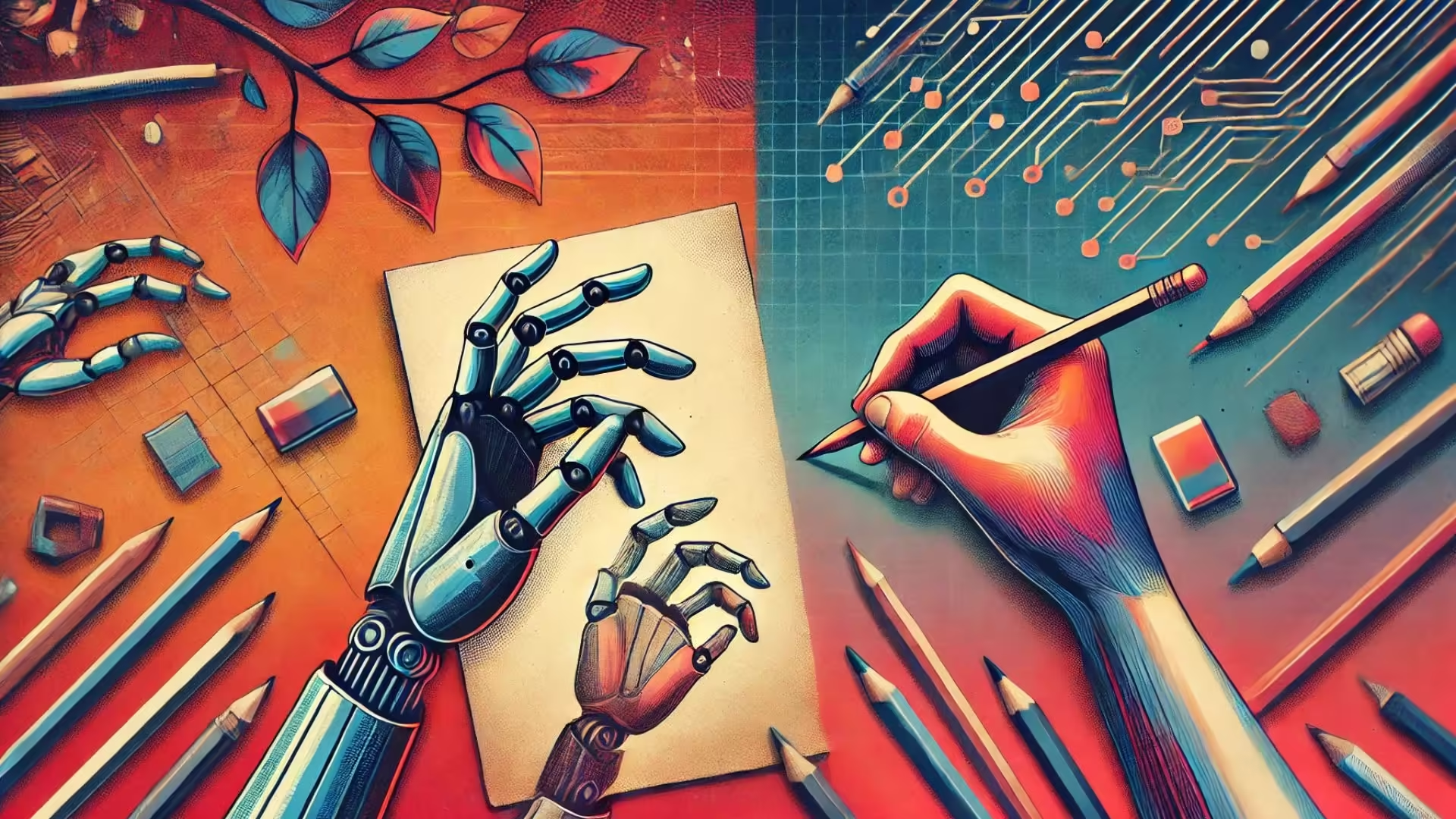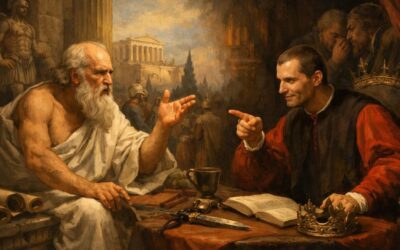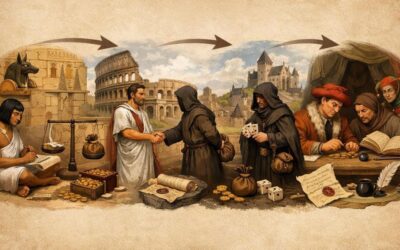Lately, it feels like the boundary between creating and curating is getting a little too thin. With AI tools in our hands, we have access to endless resources and possibilities for generating content—almost too many possibilities, if we’re honest. These tools can write, compose, paint, edit, and publish, sometimes with a quality that feels as if a real artist or writer spent hours crafting the final piece. But here’s the big question: if AI can do all these things so efficiently, does that mean we should stop creating and become curators of what technology can produce?
Well, technology and AI are fantastic tools when it comes to routine work—those repetitive tasks that are easy to overlook or just plain tedious. From automating analytics to generating quick responses, AI is great for reducing the effort that often bogs down our productivity. In these ways, AI is like having a highly skilled assistant who can save us from hours of grunt work. And that’s incredibly useful. But when we start using AI for tasks that define who we are—our creative work, our ideas, our art, and our stories—the line between “creator” and “user” becomes blurry. We’re no longer just using AI to help; we’re asking it to replace the very essence of our creative spirit.
Think back to why people start creating in the first place. For most of us, the desire to make something comes from within. It’s how we express our individuality, how we capture our thoughts and emotions, how we share our perspectives with the world. Whether it’s writing a song, painting a picture, designing a piece of clothing, or crafting a story, we create to find meaning in our lives. It’s what gives us a sense of purpose, something unique to each person. So if we hand over that responsibility to AI, aren’t we giving away something deeply human, something essential to who we are?
There’s a strange irony in this. We’ve been developing AI to do things better and faster, to push boundaries that, in many ways, reflect the highest achievements of human creativity. But the more we rely on AI to take over the tasks we once did with our own minds and hands, the less we’re practicing the skills and crafts that make us uniquely us. Sure, an AI can churn out a beautiful painting or an intricate melody, but can it feel the meaning behind it, the hours of struggle, the bursts of inspiration, or the joy in the process?
Creating isn’t just about the final product; it’s about the journey of making something from nothing, of exploring ideas and emotions in a way that’s intensely personal. When we choose to create something ourselves, we’re engaging in a process that requires time, thought, and, sometimes, a bit of self-discovery. Even if what we make isn’t “perfect” by some standard of technical achievement, it’s ours. It’s real. And often, it’s these imperfections—the offbeat melody, the unconventional phrasing, the unexpected brushstroke—that carry a piece’s soul.
If we let AI create everything for us, we’re not just handing over a job; we’re letting go of our identity as creators. We’re choosing a path that prioritizes efficiency over authenticity, perfection over personality, and replication over originality. And maybe, if we’re not careful, we’ll start to lose the habit of creating altogether. We might become content curators, selecting and organizing the endless stream of AI-generated works rather than adding our voices to the mix.
That’s not to say we shouldn’t use AI at all. There’s tremendous value in harnessing it to make our creative process smoother. But there’s a difference between using AI to support our creativity and using it to replace our role as creators. When we let AI take on the repetitive tasks, we free ourselves up to focus on what truly matters—the things only humans can bring to the table: insight, empathy, and meaning.
At the end of the day, creativity is more than just producing content. It’s about reflection, intention, and expression. It’s how we understand ourselves and the world around us. AI might be able to imitate these processes, but it can’t replicate the genuine human experience. And as tempting as it might be to lean on AI for everything, there’s a risk that by doing so, we might lose touch with the very thing that makes our creations meaningful in the first place: our own hands, our own minds, and our own voices.
So, as we navigate this new world where AI and creativity intersect, let’s remember why we started creating in the first place. Let’s make sure we’re not just handing over our creative spirit to machines. Because being a creator means more than just having something to publish or share; it means crafting a story, a message, or a vision that’s unmistakably yours.











0 Comments